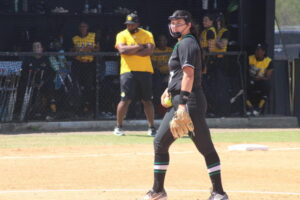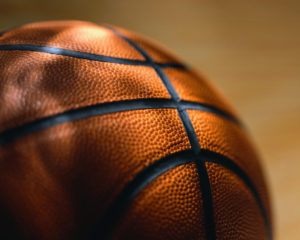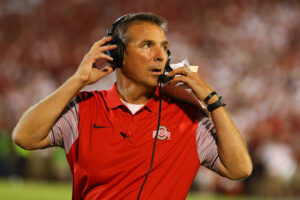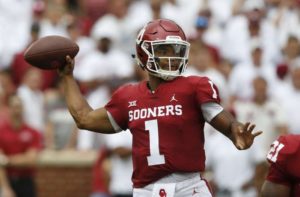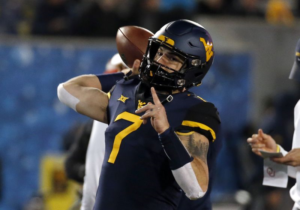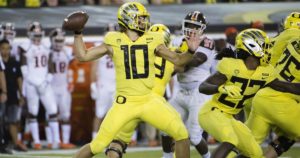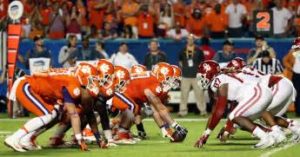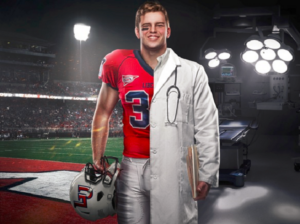
By JOHN KANELIS / johnkanelis_92@hotmail.com
Let’s launch a pre-emptive strike against what I am certain will become a talking point as we travel farther down this road called March Madness.
That is this notion of paying student-athletes for doing what they do, which is to excel in athletics while obtaining a higher education.
We must not go down that road. Why? Because these student-athletes — men and women alike — already are getting paid in the form of acquiring essentially a free college education.
If they excel in any of the sports sanctioned by the NCAA, they receive scholarships to attend the school of their choice. They become enrolled in prestigious public and private colleges and universities. Oh, and they also engage in sports activities representing their chosen school.
Granted, a tiny fraction of these student-athletes go on to earn millions of dollars as paid professional athletes, be it basketball, football, baseball/softball. Which makes their education all the more vital to them.
But think of it: They aren’t paying for their tuition, their fees, their books, their lodging, their meal plans. They get it all free because of their athletic prowess!
I agree that there ought to be ways to loosen the rules prohibiting alumni from paying for an athlete’s lunch, things such as that. Most assuredly there needs to be much work done to achieve gender equality between men and women’s sports.
I haven’t heard much discussion about this matter during this March Madness mayhem. I guess everyone’s too caught up in watching their bracket matchups being blown to smithereens by all the Cinderella-story upsets. This issue pops up, though, which is why I wanted to weigh in here.
I was able to attend college without piling up a huge student loan debt. I had the GI Bill to pay for my college education. Perhaps my view of paying student-athletes is jaded, given that I wasn’t a good enough athlete to earn a full-ride college scholarship. I wasn’t a stellar enough high school student to earn an academic scholarship, either.
I just know what I see playing out these days. Which is student-athletes given a chance to perform their athletic skills while at the same time attending college and — hopefully! — being attentive enough in the classroom to work toward their degree.
Do they deserve a salary to play ball? No. They earn enough money as it is.
